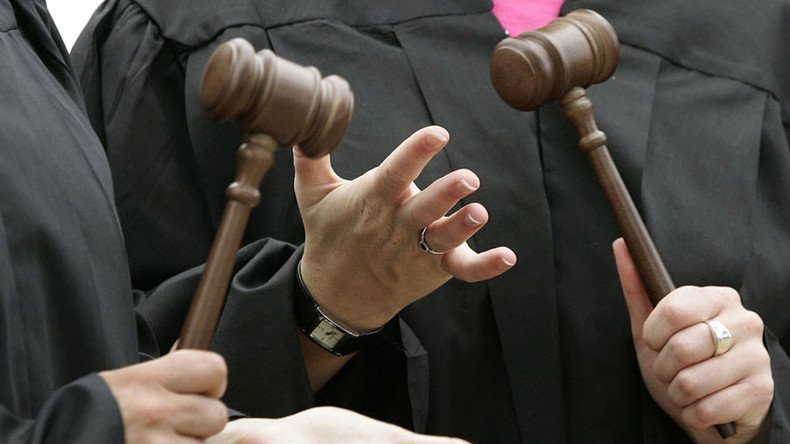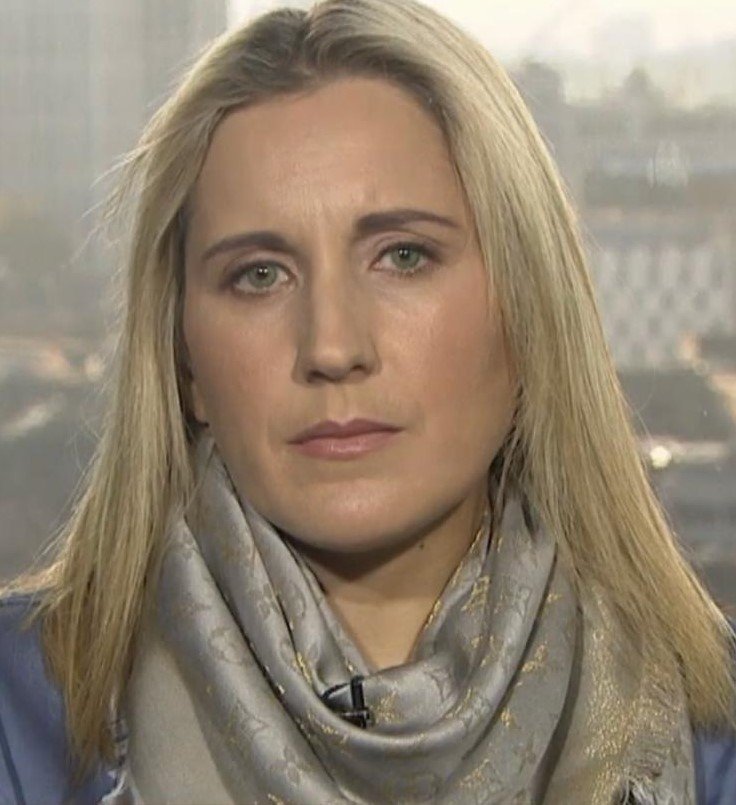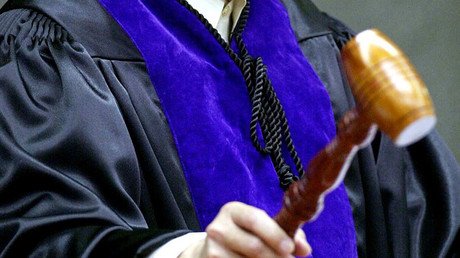‘Turkey is under occupation by Erdogan and his clique of theocrats’

Academics, teachers, scholars and thinkers are trying to ring alarm bells regarding the situation in Turkey. It is sad that the answer from Ankara is again more repression, says Catherine Shakdam from the Shafaqna Institute for Middle Eastern Studies.
Turkey detained 12 academics for signing a petition denouncing the country's military operation against Kurdish militants.
RT: Is this petition a sign of wider discontent in Turkish society over the issue?
Catherine Shakdam: I think it is an awakening. I think that people and academics understand that Turkey as a state is now under occupation by Mr. Erdogan and his clique of theocrats and oligarchs. They understand that democracy is at stake here, because I don’t think that Turkey and the Turkish people in general are anti-democracy; I think it is quite the opposite. There is a very keen desire to establish a strong democratic institution, but it is President Erdogan who has lost it a little bit and who allowed for power to get to his head. Increasingly, he has acted as an autocrat against his people. He has repressed them and oppressed them. So people are reacting – of course you will find teachers, scholars, thinkers are in the lead trying to ring the alarm here. It is quite sad and pathetic that the answer from Ankara was again – more repression.
RT: Academics have spoken out against the crackdown on Kurds. Are there other groups ready to make themselves heard over the anti-Kurdish operation?
CS: In Turkey, no, I don’t know of many people. But again, if not academics, you have a lot of rights activists; you have political activists who have been silenced trying to speak up against Ankara. Only recently we had the case of two MPs being accused of treason against Ankara and against President Erdogan because they dared to allege that there was a link between President Erdogan, certain officials in Turkey and ISIL militants. We know what happened to them. Yes, of course, there are many people trying to speak up, but it is very difficult. I think that academics today are really trying to get together and pave the way for more people to come up. You have to have always a few courageous people to show that it is possible to speak up and that they have to speak up.
RT: How far realistically do you expect the government to take this?
CS: ... Looking at what he [Erdogan] has done lately; I think he could take it pretty far. I would expect that certain people will get prosecuted and potentially imprisoned. By way of example, I had a recent interview with George Galloway, famous British MP, and he said to me that “a police state and dictatorship have a way and need to be based in fear.” I believe this is what is happening today in Turkey; President Erdogan is wielding fear to prevent people from opposing him and dissuade other people from opposing him.
RT: We've seen a series of rallies organized by Kurdish supporters in EU countries - do you think they will react to the arrests of the academics?
CS: I think it is going to incense further outrage and anger, because people now are looking for direction and they are looking for validation that their fight is a genuine one and legitimate one. Those kinds of tensions, those kinds of reactions are not helping at all. If anything that is actually helping tensions further flare up – because when people are not allowed to have a certain space to express their view will then resort of violence.
I think that in a way that is what Ankara is looking for. They are trying to justify their reaction against academia by fomenting violence and turn around and say: “See, we told you!” This has been the narrative lately of autocracies in the world, where they are engineering violence, they are engineering to better say: “Well, we told you that would happen and that what we’re trying to avoid.” It is manipulation, it is propaganda, it is a form of information warfare, I would say. I really hope that people understand that [they] have a right to political self-determination; they need to have a space where they could express it. It is one thing to say that violence is a problem – of course it is a problem – but sometimes people have no other choice to speak up.
The statements, views and opinions expressed in this column are solely those of the author and do not necessarily represent those of RT.














